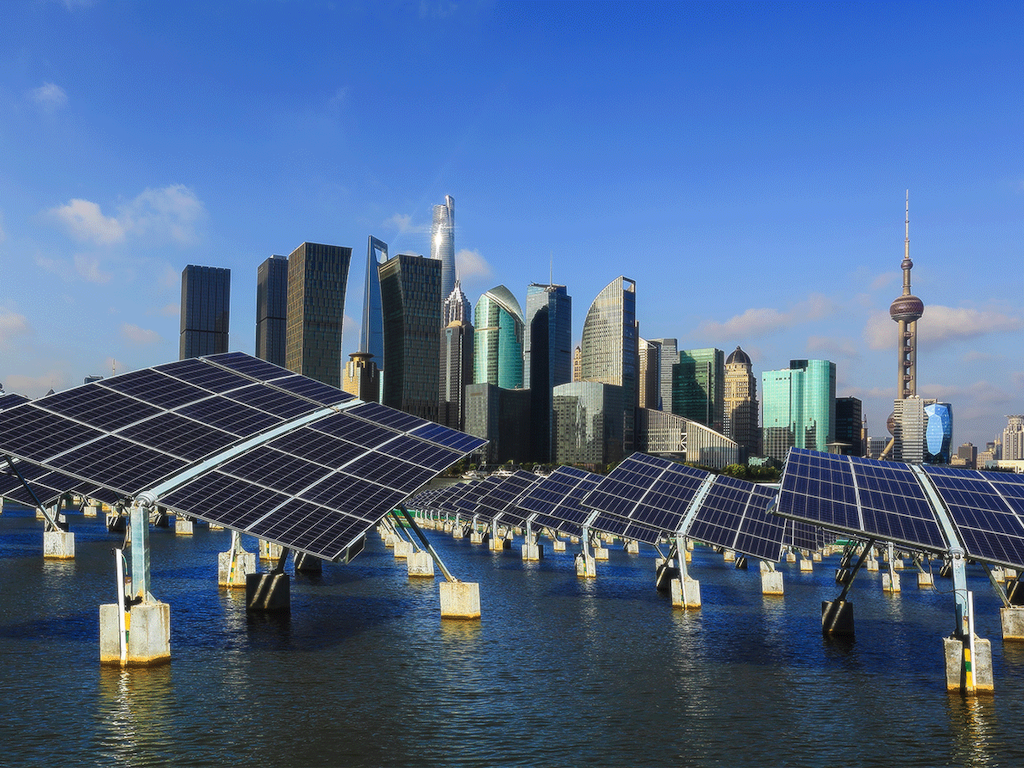3 Mins Read
With more investors embracing a sustainable ESG-based strategy, a trend that has received a major boost amidst the coronavirus pandemic, China is losing its allure despite being an enormous and fast-growing emerging market. Ranking bottom on ESG ratings among all major economies in the world, experts warn that lagging behind when it comes to sustainability benchmarks and performance will limit investment inflow into the country.
Traditionally, investors have been pouring capital into emerging markets, with China nabbing a huge chunk of the share, accounting for 74% of all net flows into developing economies. But a new ESG-focused investing trend has taken the financial world by storm, with assets in such funds tripling within the last two years alone to US$242 billion, according to data from consultancy firm ETFGI.
And experts believe this could pose big problems for China, whose ESG indices and weightings rank far lower than other countries. Despite dominating over nearly half of the FTSE Russell’s Emerging Index, China’s weighting on the FTSE4Good Emerging benchmark – the FTSE’s ESG-focused counterpart – takes up a smaller share than that of smaller economies like Taiwan.
China’s average FTSE4Good rating stands at a mere 1.5 out of 5, compared to the 2.1 average for emerging economies, and 3 for developed markets.
Speaking to the FT, Andrew Walsh, head of passive and ETF specialist sales at UBS Asset Management in the U.K., said: “Companies in China have historically tended to have lower ESG ratings which means that sustainably-screened indices and passive funds tracking them would typically be quite underweight to China.”
One of the main problems that China encounters when it comes to ESG-focused investing is its reliance on high-polluting industries, such as manufacturing and materials companies, and state-owned enterprises that are not subject to open disclosures.
Despite the fact that the coronavirus-induced slash in industrial activity earlier on this year in China did lead to a major reduction in carbon emissions of an estimated 100 million metric tonnes, many experts reiterated that this trend was short-lived and inevitably, activity picked back up significantly since the outbreak was brought under control in the country.
In addition, though President Xi has since pledged to bring China’s emissions to net-zero by 2060, there has yet to be any concrete details on how exactly it plans to reach this goal.
“China would be the lowest ranked large market,” David Harris, head of sustainable investment at the London Stock Exchange Group, told the paper.
Specifically, China’s lack of weighting in ESG indices is mainly due to Shanghai and Shenzhen-listed companies, rather than Hong Kong-based firms, who are beginning to align themselves with ESG disclosure and performance standards of Western developed markets.
Regulators in Hong Kong have also set out to coordinate the management of climate and environmental risks into the financial sector in the city, recently setting up a steering group to push the city into the forefront of sustainable finance amidst mounting scrutiny over the industry’s role in fuelling the climate crisis.
Harris added that while Chinese firms are beginning to integrate ESG-related risks into their strategies, the country’s weak ESG rating companies will for the mean time “limit investment flows” – especially as global investors increasingly turn to sustainable investing in light of the pandemic and growing evidence of the superior risk-adjusted returns of such investments.
A recent report found that more than 90% of global public investors now have ESG policies in place or are in the process of implementing them in a clear indication that the financial world is no longer able to avoid pricing in the costs of the biggest threat to our planet today.
Lead image courtesy of Shutterstock.




